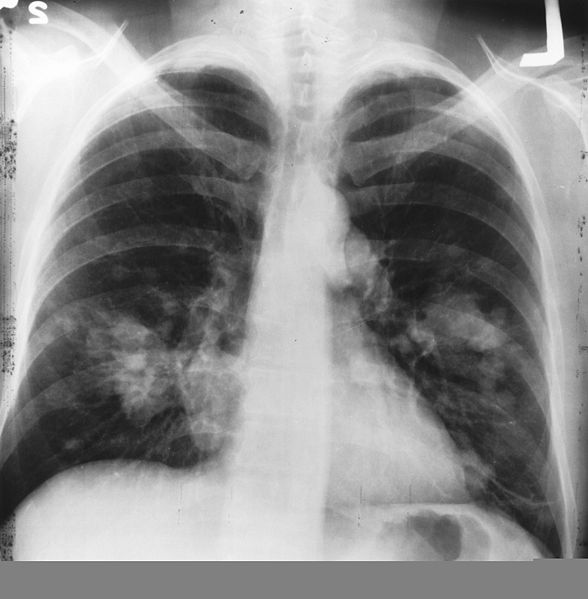A new report has warned that governments’ failure to prevent pollution from large-scale mining and resource development – particularly in coal and unconventional gas – is creating a costly legacy for Australia, both in terms of human health and economically.
The report, compiled by the Doctors for the Environment Australia (DEA) and released today, argues that management of the health risks and impacts of fossil fuel development in Australia has been “grossly inadequate” – a situation the DEA largely blames on the division of powers between state and federal governments.
“The rapid expansion of the coal and unconventional gas industries has not only created widespread community concern over health and environmental issues but it has exposed the inadequate processes whereby governments impose developments which in their view are in the interest of economic development.”
This bureaucratic disconnect, it says, has led to “damning situations” where dangerous practices have been overlooked or ignored, and where the way for reform has been blocked.
This “persistent refusal” of governments to factor in “full cost accounting” in energy choices has the potential to impact human health, says the DEA – an argument the NGO also put forward in its submission to the Draft Energy White paper in March 2012 – and must be overcome.
The report offers various examples of this sort of oversight, such as the Queensland government’s “outrageous promotion” of the short-term economic benefits of unconventional gas development in the state, “without consideration or disclosure of the potential long-term costs of ill health caused by polluted aquifers and fugitive emissions.”
It also points to the NSW government’s decision to ignore the recommendations of its own Parliamentary Inquiry into Coal Seam Gas and reject a suggested moratorium on coal seam gas “fracking.”
“Many communities in Australia are suffering ill health as a result of pollution and in some cases lives are at risk,” says the DEA. “In the interests of human health, Australia must take a national approach to assessing the health impacts of resource and other heavy industries.”
The report recommends two options for reform: The establishment of a national EPA along the lines of the USEPA, or; the establishment of a body charged with oversight of states’ environmental and health impact assessments (HIA) for resource and other industry projects.
Most importantly, it says, HIA’s need to factor in the long-term health costs of a development so they can be included as part of the economic assessment of the project. “Then decision makers won’t be granting approvals without knowing the facts.”
The report says such reforms would even be advantageous for the resources industry, allowing them to earn their social licence to operate through a “participatory, transparent and consultative approach.”










